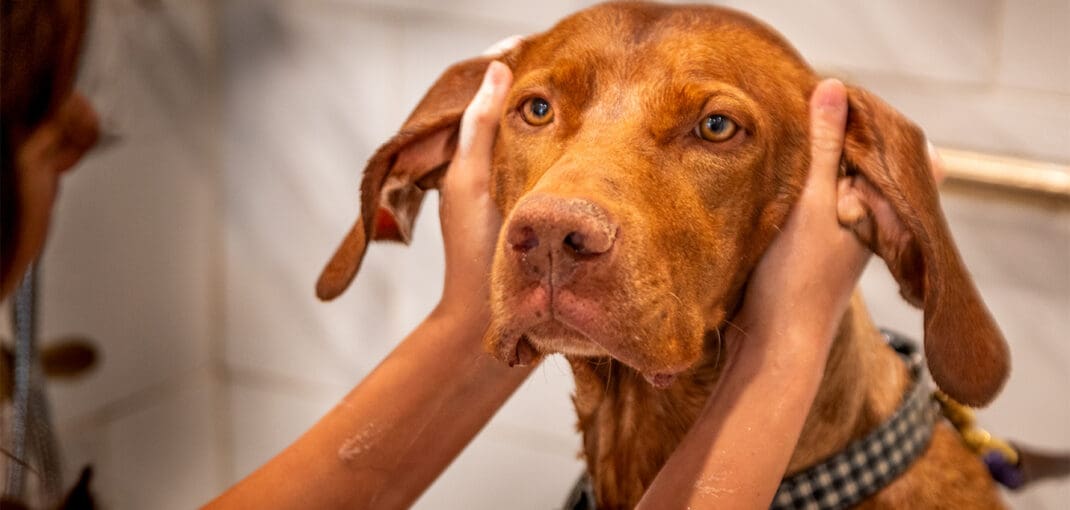Caring for a dog or cat is a source of joy, closeness and a sense of purpose for many of us. However, even the strongest bond and greatest love may not be enough when stress, fatigue and the pressure of daily responsibilities begin to pile up on the carer’s shoulders. If you have the feeling that “everything is too much”, you may be experiencing a phenomenon increasingly referred to as pet parent burnout.
What is pet parent burnout?
It is a state of physical and emotional exhaustion resulting from long-term care of a pet, especially if the pet requires special attention, e.g. due to a medical condition or behavioural problems. Burnout can affect carers of anxious, aggressive, chronically ill, elderly or disabled animals. It also affects those who, for a variety of reasons – feel overwhelmed by the daily responsibilities of caring for a pet.
Typical symptoms of burnout:
feelings of guilt or failure as a carer,
irritability, lack of patience with your pet,
difficulty enjoying moments together,
fatigue, sleep problems, headaches,
need for isolation or giving up socialising.
When is it worth stopping?
You know that feeling when your dog refuses to go for a walk again and all you feel instead of concern is anger and frustration? Or when your cat won’t stop meowing at night and you feel like just running away from home? This doesn’t mean you’re a bad carer. It could be a sign that you need care yourself.
Important warning signs:
You start to think that ‘others are doing better’,
You stop enjoying contact with your pet,
You start neglecting basic needs – your own or your pet’s,
The thought occurs: ‘This is beyond me’.
Where to look for support?
You don’t have to go through this alone. There are many ways to recover:
Talking to a loved one – sometimes all you need is someone to listen to you without judging.
Online support groups – communities of pet carers can be a source of understanding and good advice.
A behaviourist or vet – perhaps the problem that is overloading you can be alleviated with specialist help.
Psychologist or therapist – if you feel that burnout is affecting other areas of your life.
Outside help – a petsitter, dog walker, trusted family member. You don’t have to do everything yourself.
How do you look after yourself without neglecting your pet?
Burnout often comes from the belief that we have to be the perfect carer. Meanwhile, caring is a marathon, not a sprint – and everyone has the right to stop.
Some simple ways:
Introduce daily micro-breaks – even 10 minutes without a phone, with tea and silence.
Set clear boundaries – you don’t have to always be available to your pet.
Don’t be afraid to delegate tasks – needing help is not a weakness.
Take care of your own physical needs – sleep, food, exercise, human contact.
Limit social media and don’t compare yourself to others – what you see online is not always the whole truth.
Remember: burnout is not failure
It’s natural to get fed up sometimes. It doesn’t mean you love your pet any less. It means you are human. Caring for yourself is not selfishness – it’s caring that allows you to be a better carer.
Summary
Pet parent burnout is a real phenomenon, although still rarely addressed. Meanwhile, many carers need support, understanding and…. a moment of respite. You don’t have to be a superhero. Your health and emotions are just as important as the well-being of your pet. Remember: a happy carer is one who is able to fully enjoy shared moments with their pet – and this is what fosters a strong bond and mutual trust.






